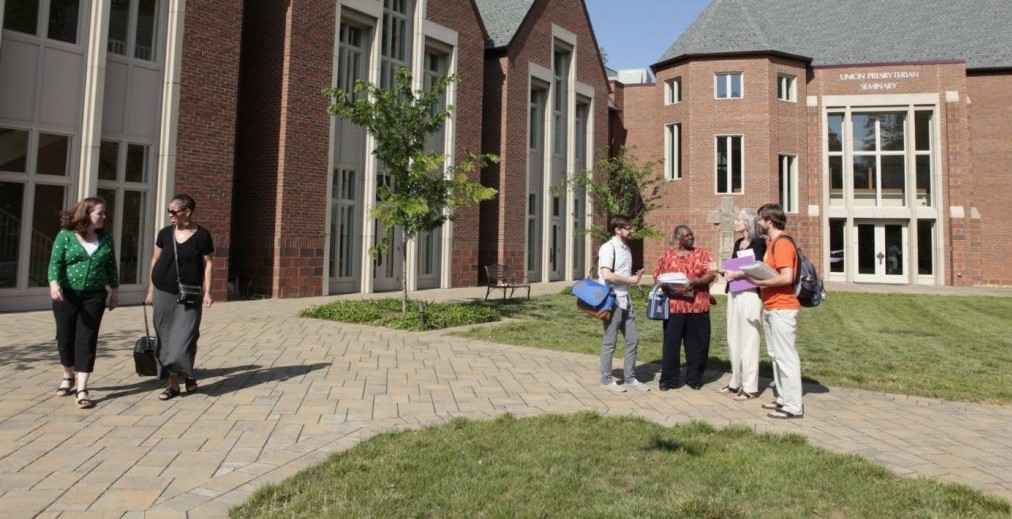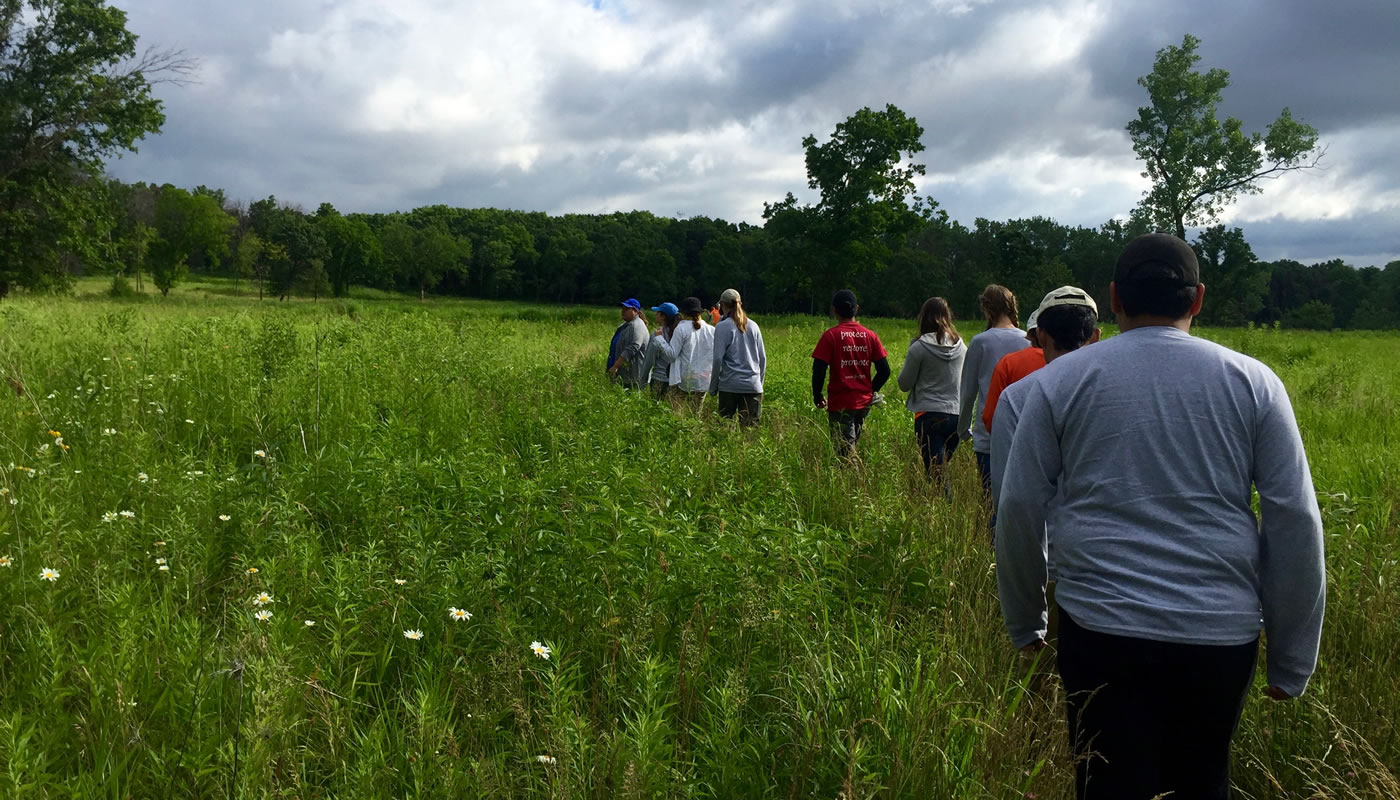
I’ve just returned from a three-day staff retreat at Eagle Eyrie Baptist Conference Center near Lynchburg and this is what I’m feeling most:
Gratitude.
The members and friends of Richmond’s First Baptist Church know what an outstanding staff we have, and I do, too, but spending three days with these people, watching them not only work together but also play together, took my appreciation to a whole new level. I won’t go into detail, but Beth Davis’ presentation of our new communication strategy was impressive, Phil Mitchell’s carefully crafted worship experience was powerful, Amanda Lott’s mastery of the “Fishbowl” game was mind-blowing, Donna Earley’s rendition of “Muskrat Love” was sensational, and Steve Blanchard’s willingness to drive the bus home even with a splitting headache was typically selfless.
When I started the closing session on Wednesday morning I said, “Let’s pause for a moment of gratitude. When you think of our church, what are you grateful for?” The staff spent the next five minutes sharing their list and then I shared my own. I said, “I’m grateful that our mission is clear, our finances are strong, our attendance is up, our building is beautiful, our location is perfect, and our staff is world class.” And then I elaborated on that last one.
I said, “When I look around this room I don’t see one person who is a problem, not one person who needs to be replaced.” In his book Good to Great leadership guru Jim Collins says that one of the most important things in any organization is having “the right people on the bus.” Once they’re on the bus, he says, you can figure out where they need to sit, but the important thing is getting them on there in the first place. I told the staff that I think we have the right people on the bus, and not only that, I think they’re in the right seats.
After we got home (on the bus) I put on a suit to attend the inauguration of Jacqueline Lapsley, the new President of Union Presbyterian Seminary. While waiting to process with the rest of the trustees Jim Wagner, a former president of Emory University in Atlanta, asked me what I’d been up to and I told him I was just getting home from a three-day staff retreat. “How was that?” he asked, like someone who knew how badly these things can go. And I was able to tell him, honestly, “I feel like I have the staff I’ve been working toward my whole life” And if you can say that after a staff retreat, you know it was a good one.
Here’s hoping we’ve all come back to First Baptist rested, refreshed, and ready to re-engage our mission. During that session on Wednesday I articulated it for the staff like this: “By the grace of God, and with the help of the Holy Spirit, we labor alongside the Lord Jesus in the joyful work of bringing Heaven to Earth.” And when you have a great staff,
It’s joyful work indeed.
_______________________________________
From left to right above: Ruth Szucs, Jim Somerville, Allison Collier, Michael Lacy, Lynn Turner, Amanda Lott, Donna Earley, Chris Wondree, Matthew Hensley, Phil Mitchell, Beth Davis, Steve Blanchard, and Allen Cumbia. Not pictured: Robert Thompson and Emma Tilley.




